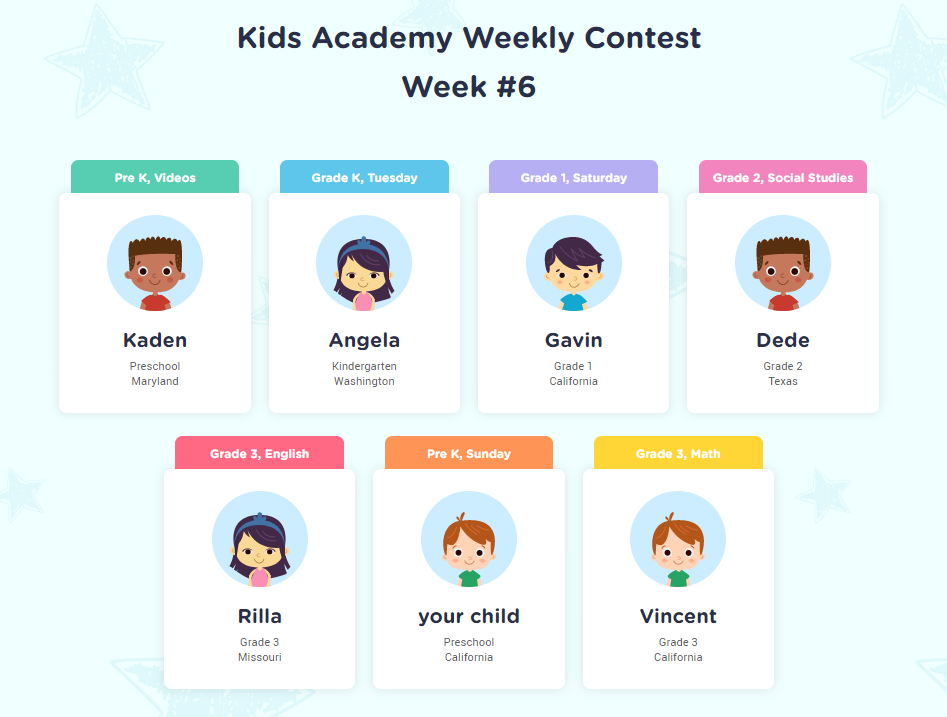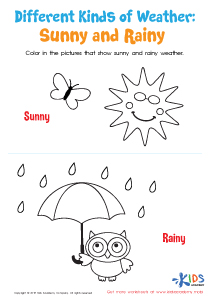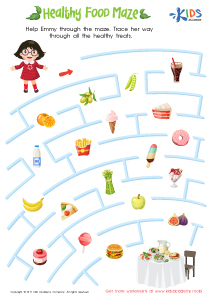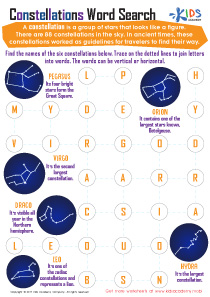Multiplication practice Easy Science Worksheets for Ages 7-9
5 filtered results
-
From - To
Enhance your child's learning experience with our "Multiplication Practice Easy Science Worksheets" designed for ages 7-9! These engaging worksheets seamlessly combine science and math, allowing young learners to practice multiplication while exploring exciting scientific concepts. Each worksheet is thoughtfully crafted to ensure that children not only reinforce their multiplication skills but also develop a deeper understanding of science topics. With colorful graphics and interactive exercises, these resources make learning fun and effective! Help your child excel in both multiplication and science with these easy-to-use worksheets that encourage independent thinking and creativity. Start exploring the wonders of math and science today!
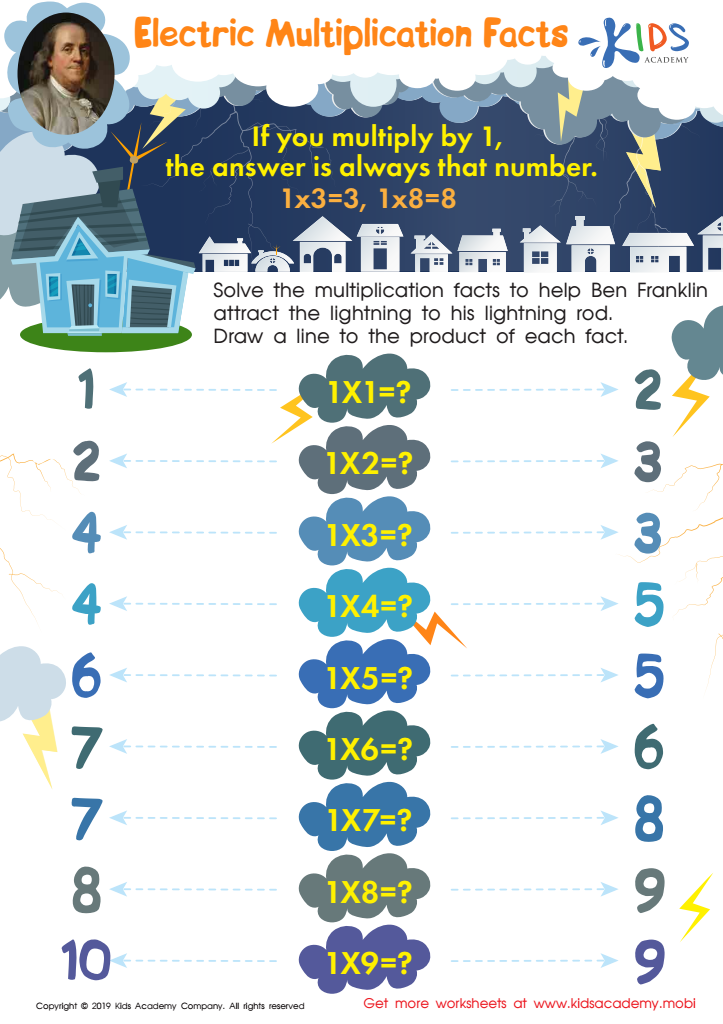

Electric Multiplication Facts Worksheet
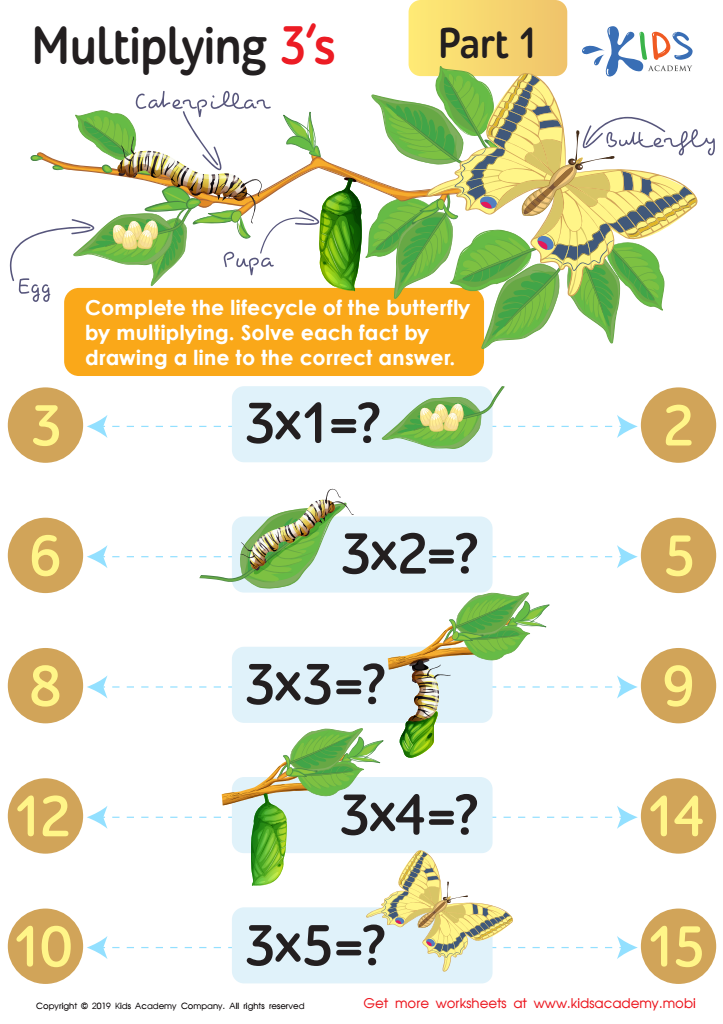

Multiplying 3’s Part 1 Worksheet
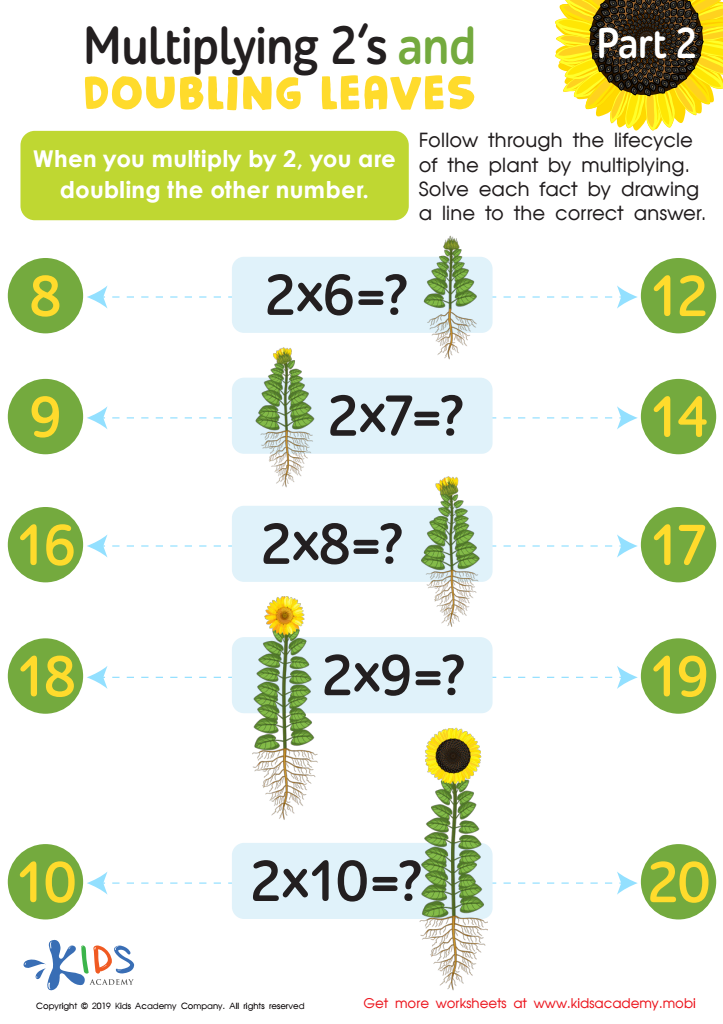

Multiplying 2’s and Doubling Leaves Part 2 Worksheet
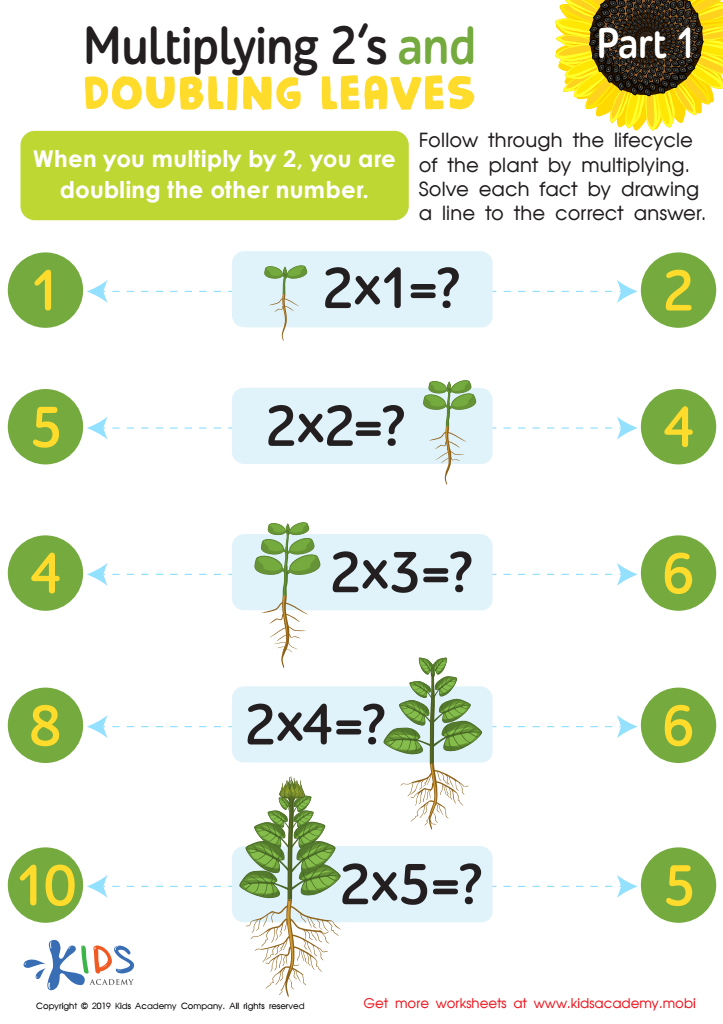

Multiplying 2’s and Doubling Leaves Part 1 Worksheet
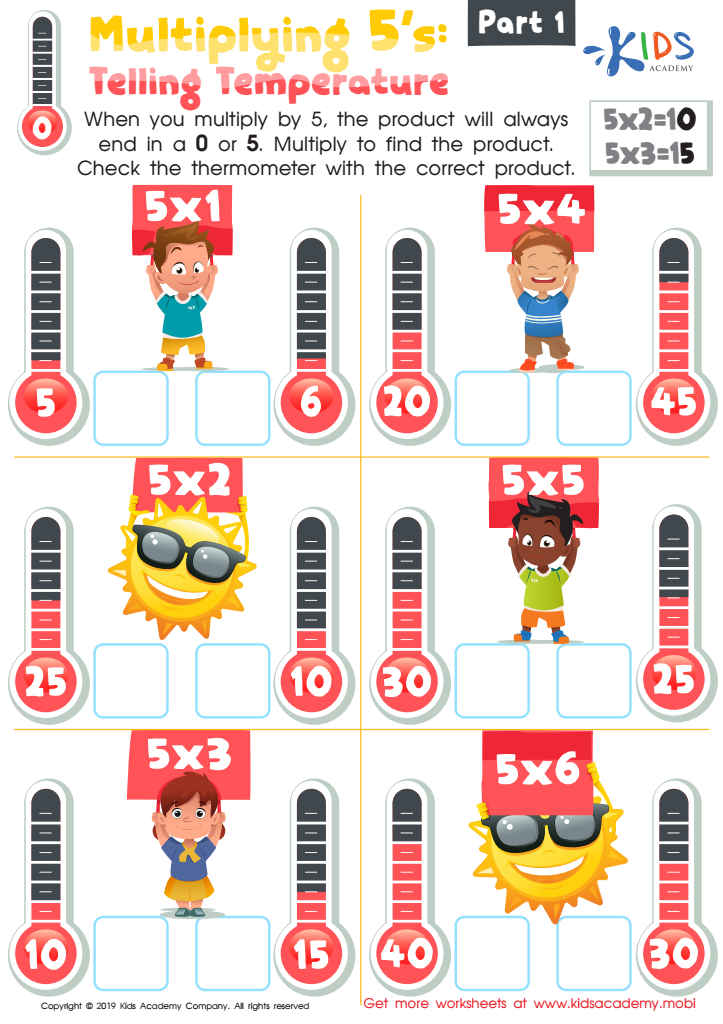

Multiplying 5’s: Telling Temperature Worksheet
Parents and teachers should prioritize multiplication practice for children ages 7-9, as it lays a crucial foundation for mathematical understanding and critical thinking. During this developmental stage, children are transitioning from concrete operations to more abstract reasoning, meaning their ability to grasp complex ideas starts to take shape. Mastering multiplication is essential not only for succeeding in future math concepts like division, fractions, and algebra but also for enhancing problem-solving skills and cognitive development.
Furthermore, consistent practice helps boost children's confidence in their math abilities, reducing math anxiety and fostering a positive attitude towards learning. When students are comfortable with multiplication, they begin to engage more fully with other subjects, recognizing the relevance of mathematics in science, technology, and everyday life.
Moreover, incorporating fun, engaging activities can make learning multiplication exciting, maintaining children's interest and motivation. Activities that blend scientific concepts, such as exploring multiplication through patterns in nature or science experiments, can deepen understanding. By caring about this foundational skill, parents and teachers contribute significantly to setting children up for ongoing success in academics and real-world applications, helping them to become proficient, confident learners.
 Assign to My Students
Assign to My Students







%20(1).jpg)


